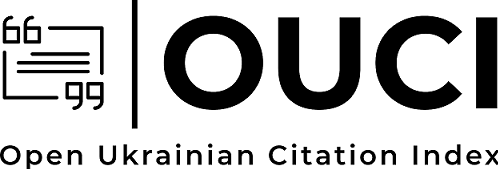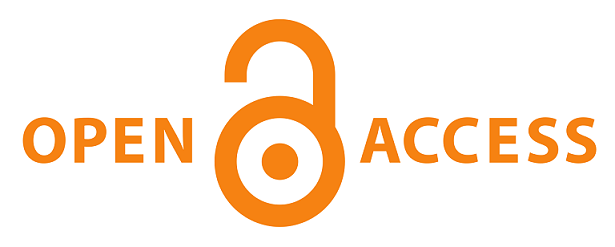From the Newsletters on the Initial Period of War between the Polish-Lithuanian Commonwealth and the Ottoman Empire in 1672–1676
DOI:
https://doi.org/10.28925/2524-0757.2024.28Keywords:
Hetmanate, Polish-Lithuanian Commonwealth, Ottoman Empire, Crimean Khanate, hetmans, Cossacks, newspapersAbstract
In this article, the author examines the newsletters (news, vouchers, information, relays, etc) related to the first year of the Polish-Turkish war in 1672–1676. These documents served as contemporary newspapers, and were more numerous than printed works in terms of both quantity and efficiency. They allow us to reveal the details of the events in the first half of 1672 (before the fall of Kamianets-Podilskyi), during which the Ottoman Empire’s vassals — the Crimean Khanate, Moldova, and Wallachia — were actively engaged. At the same time, they vividly reflect the difficult situation in the Right-Bank Hetmanate, which was forced to fight the Polish-Lithuanian Commonwealth, the Muscovy, and the Ottoman Empire, which led to the outbreak of internecine struggle. Furthermore, the military and political situation in Podillia and unknown facts about the activities of Hetmans Petro Doroshenko, Mykhailo Khanenko, and colonels (Ivan Sirko, Lysytsia, Kyiashko, and others) are presented. It should be noted that, despite the undoubted positive aspects, newsletters have certain drawbacks that affected the degree of their reliability. First of all, this is the use of rumors, unverified second-hand information, although it was not always possible to verify the information received.
Downloads
References
Grabowski, A. (Ed.). (1845). Ojczysze spominki w pismach do dziejów dawnej Polski. (Vol. 2). Kraków [in Poland].
Modzalevskiy, V. L. (2004). Malorosiyskii rodoslovnik. (Vol. 5, is. 3). Kyiv; Sankt-Peterburg [in Ukrainian].
Woliński, J. (1983). Z dziejów wojen polsko-tureckich. Warszawa [in Poland].
Published
How to Cite
Issue
Section
License
Copyright (c) 2024 Юрій Мицик

This work is licensed under a Creative Commons Attribution-NonCommercial-ShareAlike 4.0 International License.
Authors who publish in this journal retain the right of authorship of the work and give to the journal right of first publication of this work under the conditions of Creative Commons: Attribution-NonCommercial-ShareAlike 4.0 International (CC BY-NC-SA 4.0), which allows others freely distribute the work published with reference to the authors of the original work and the first publication of this magazine.














